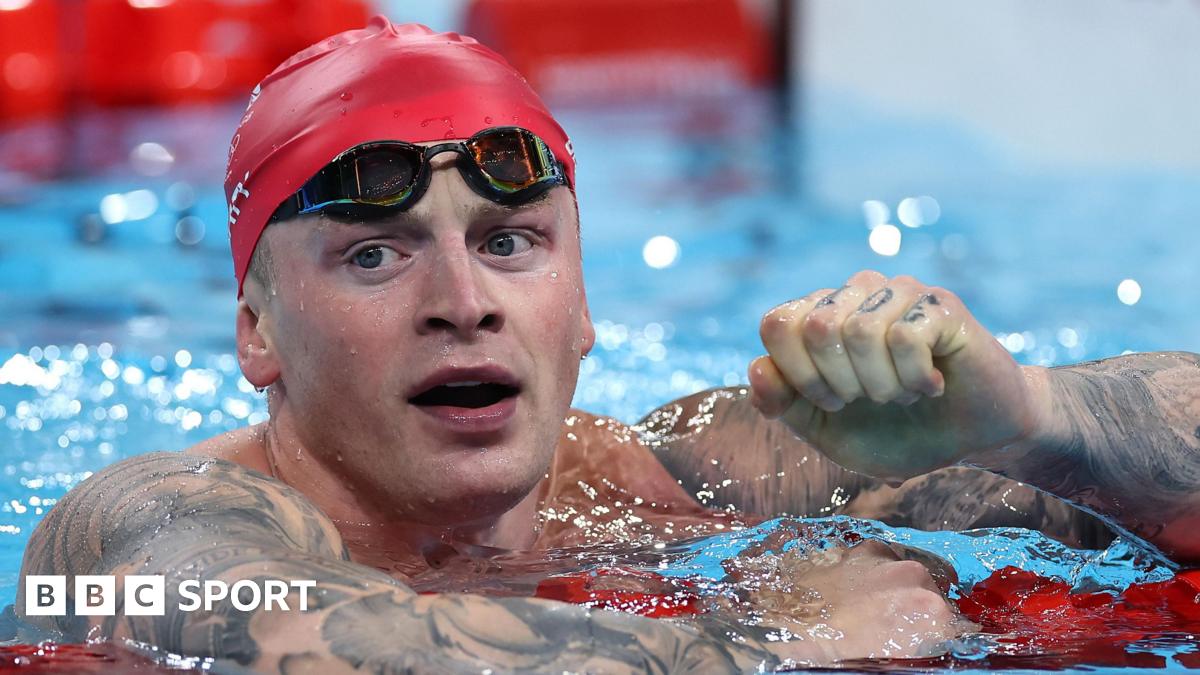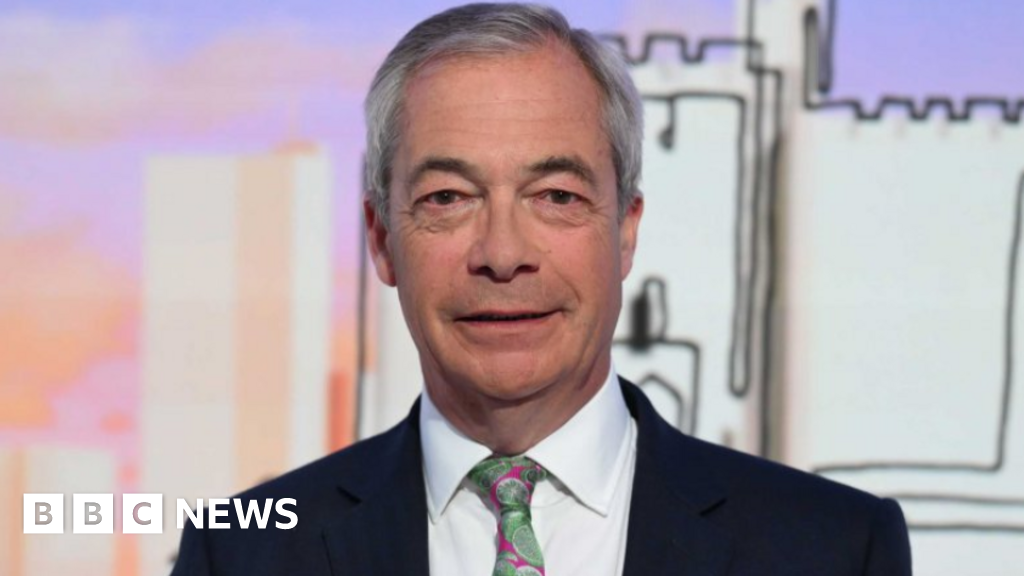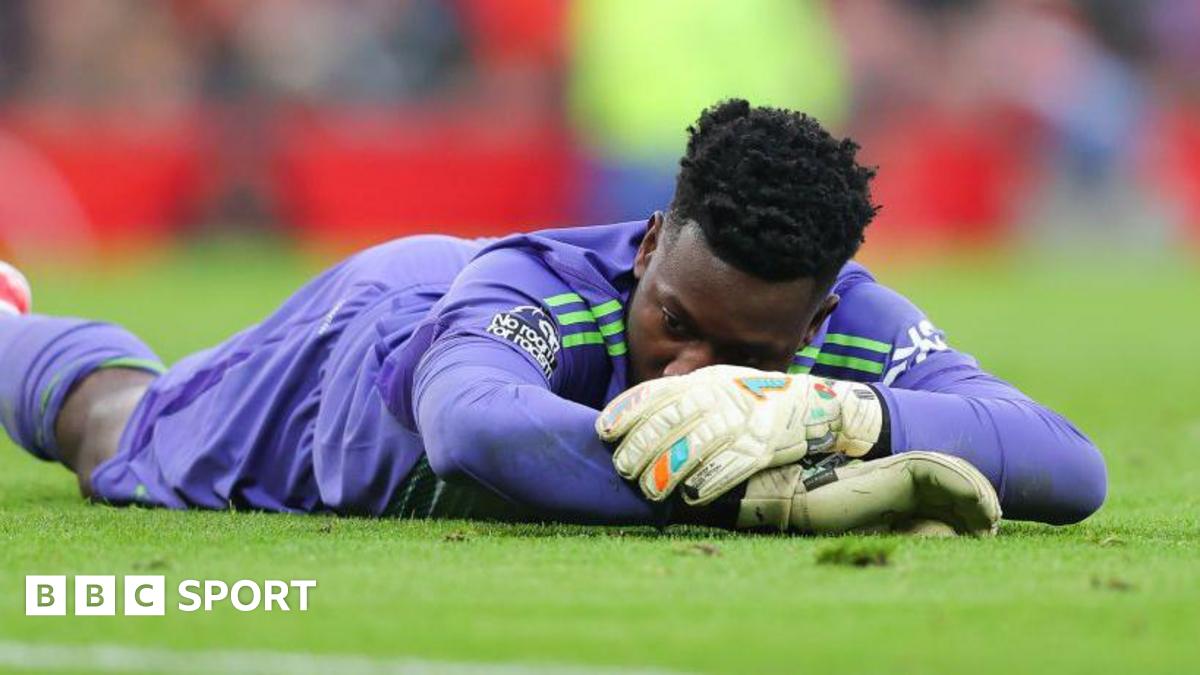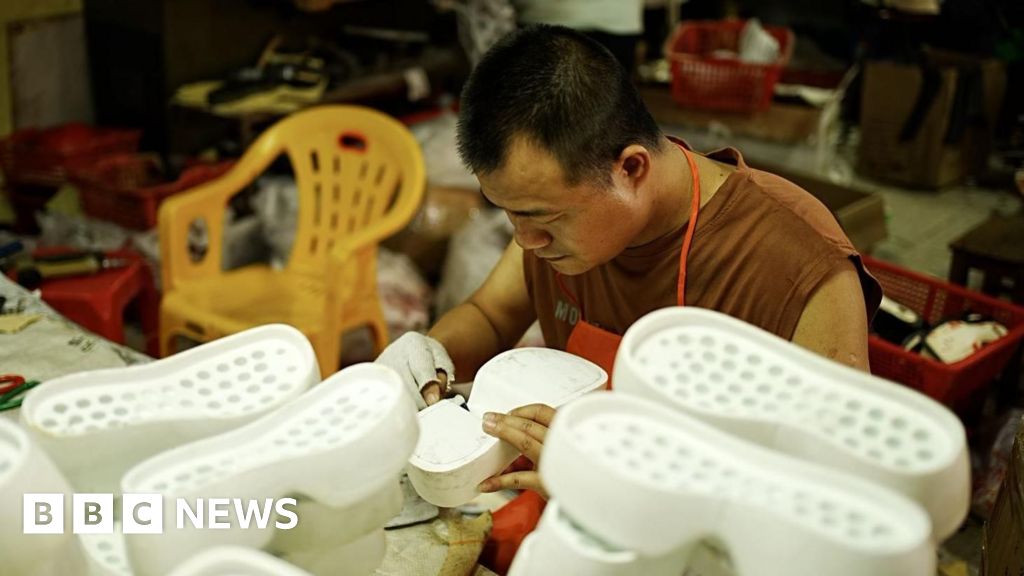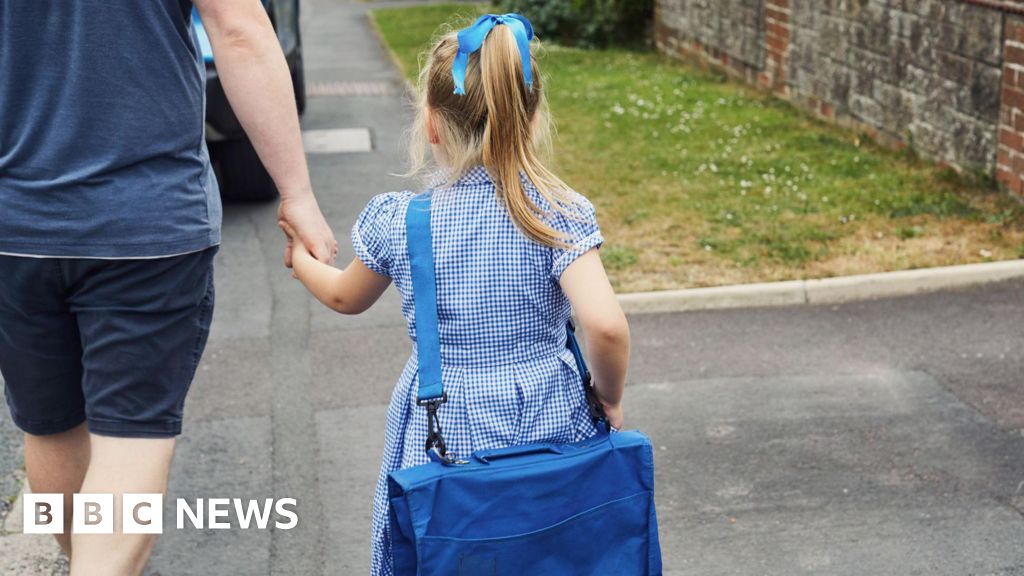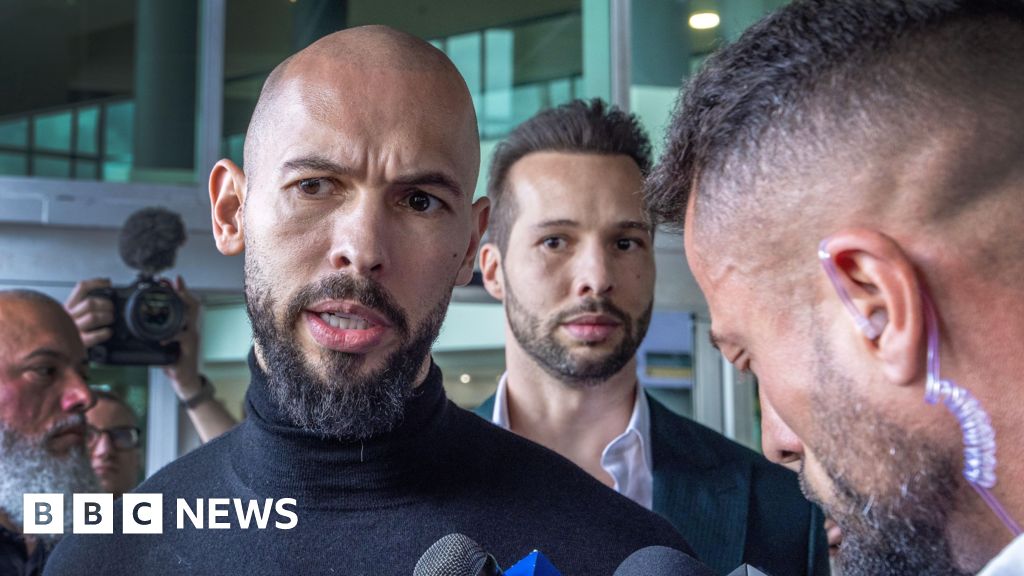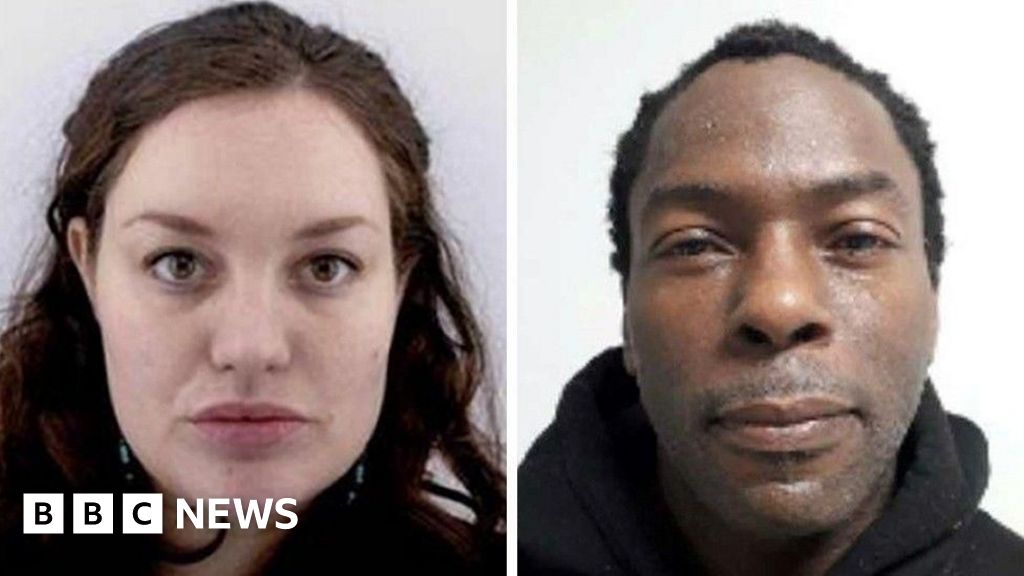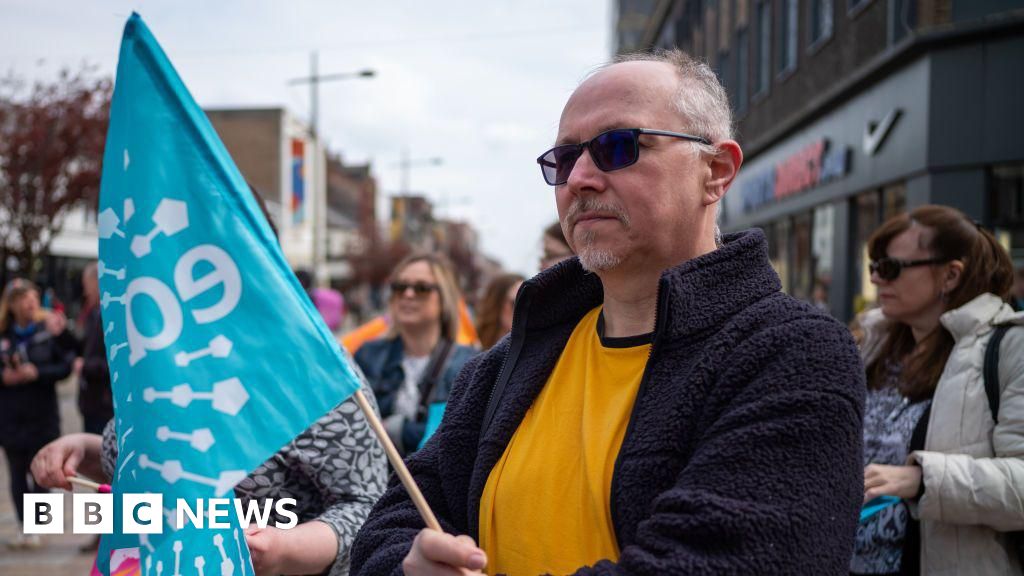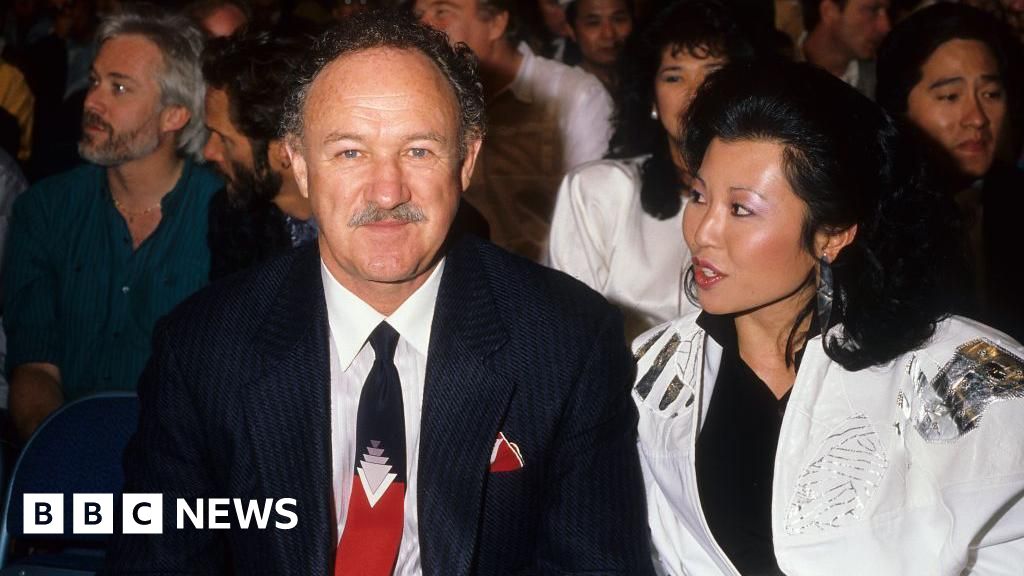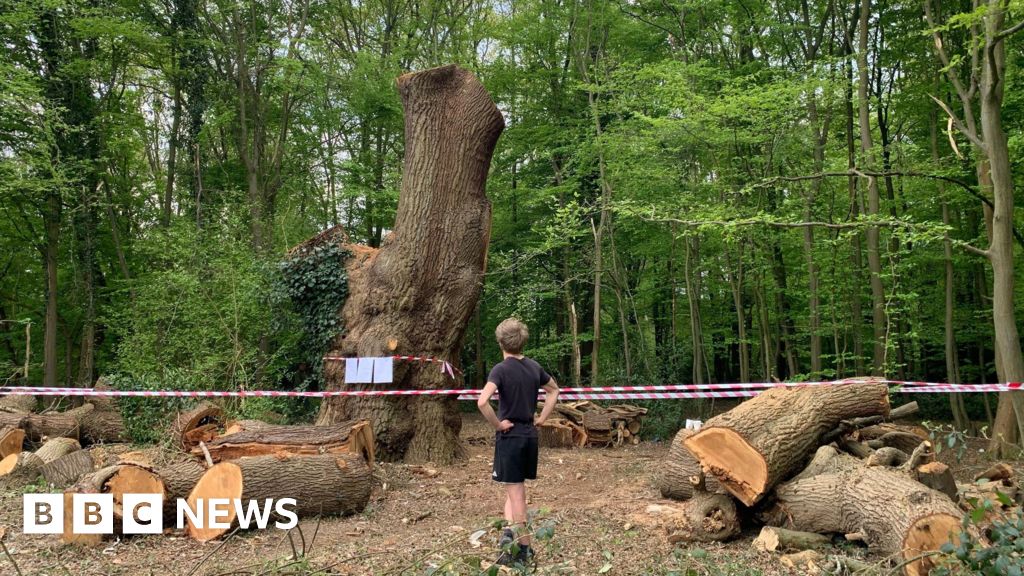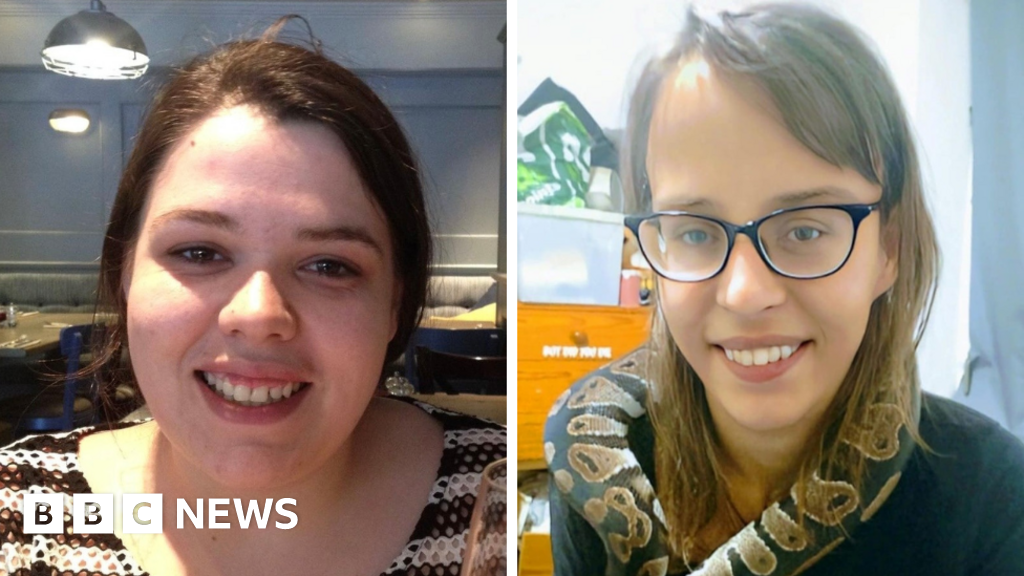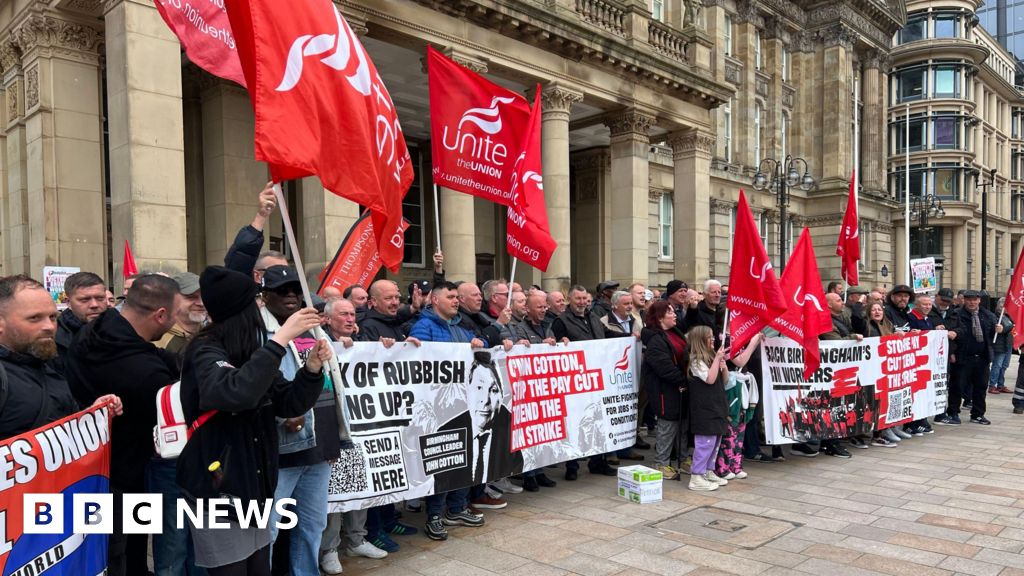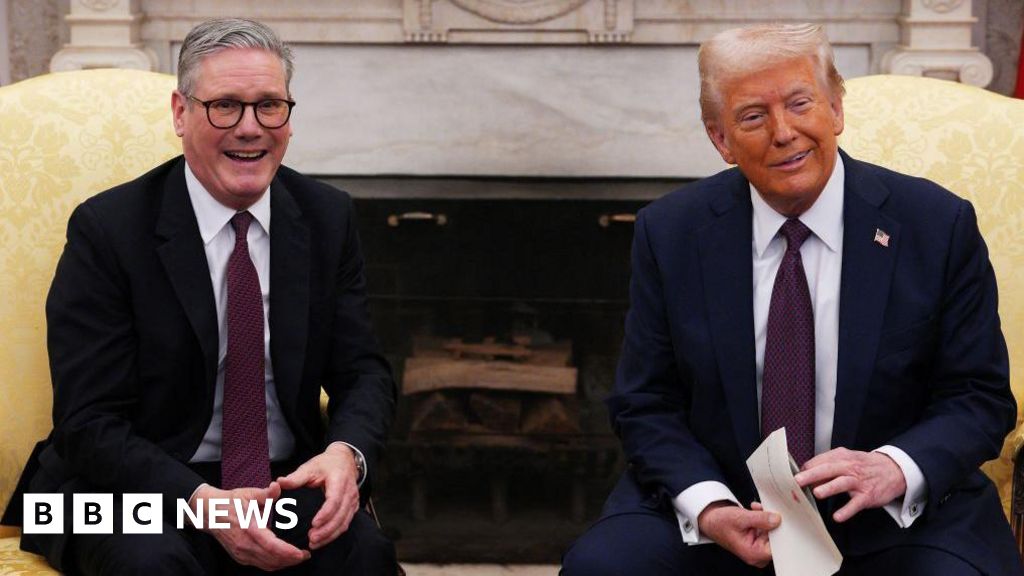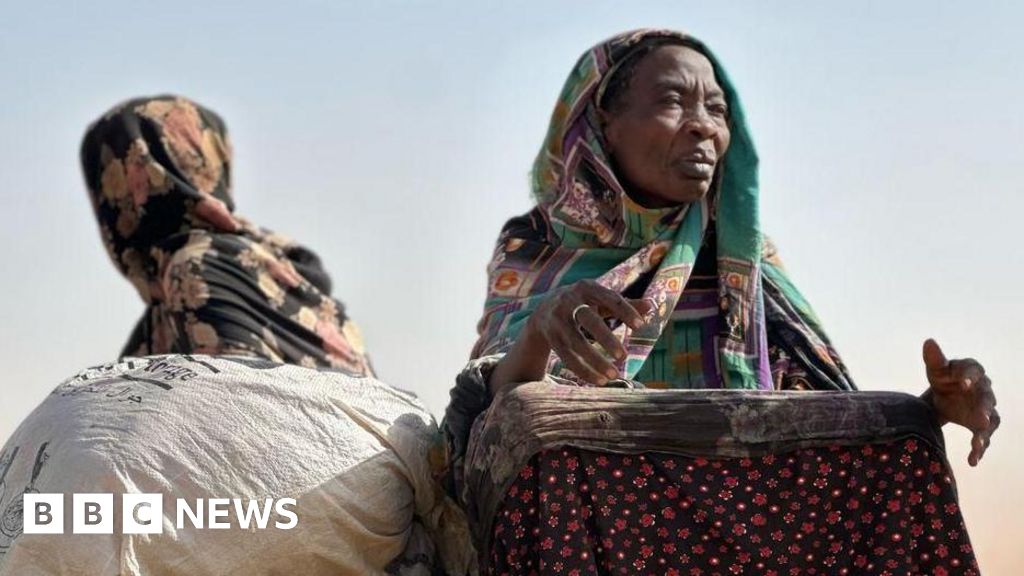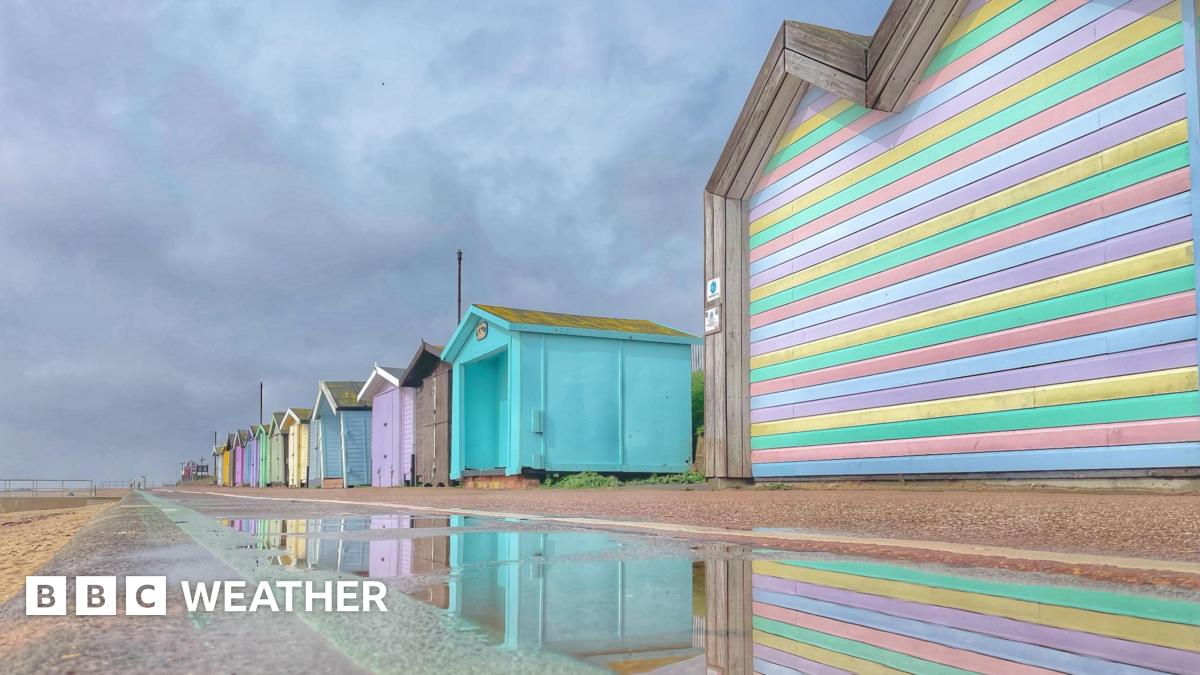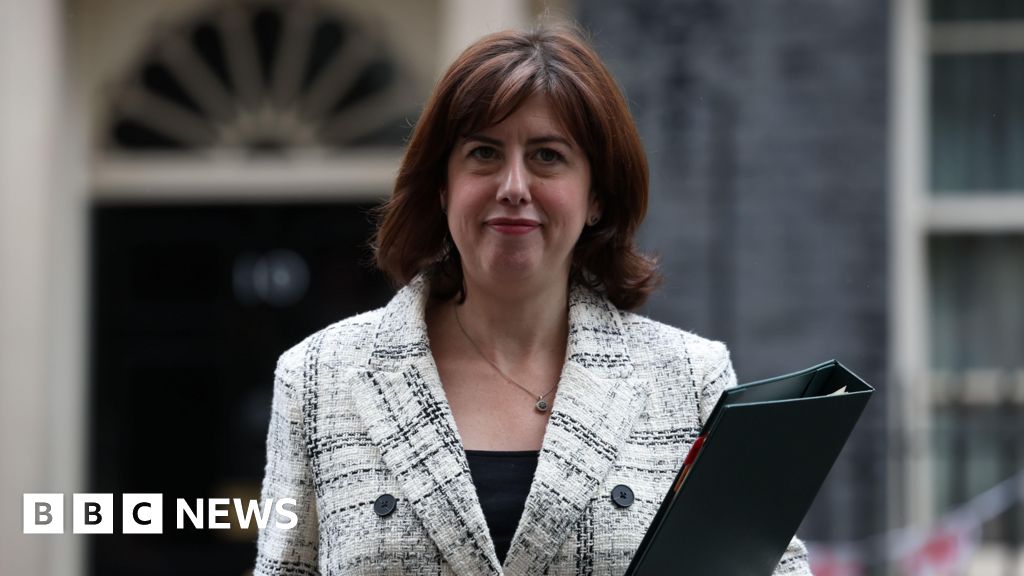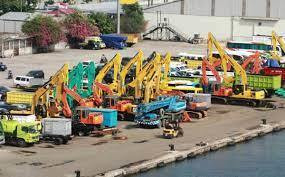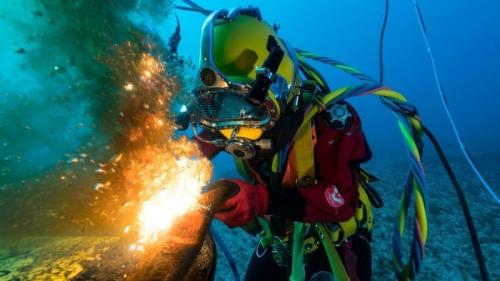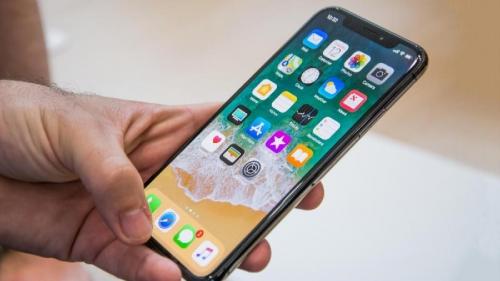
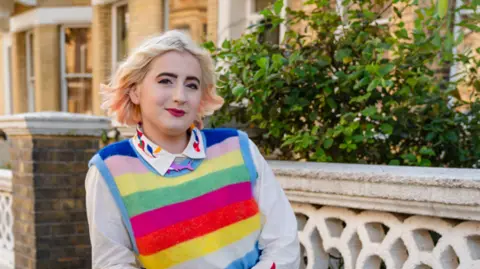 Eliza Rain
Eliza Rain
Eliza Rain, 28, said one passenger "threatened to push me off the train" when she was using her TfL "Please Offer Me A Seat" badge
Londoners living with disabilities and chronic health conditions say they have struggled to use a Transport for London (TfL) scheme while travelling, with one even threatened by another passenger.
The "Please Offer Me A Seat" badge and card scheme, which marks its eighth anniversary this month, is designed to help those with disabilities and health conditions by signalling to other passengers they should give up their seat if needed.
But Eliza Rain, 28, who has a chronic pain condition, said when using the badge they were often challenged and one passenger "threatened to push me off the train because I'd asked for their seat".
A TfL spokesperson encouraged passengers to give up their seat to someone who asks where possible, even if the person asking isn't wearing a badge.
It comes after TfL commissioned research last year into the effectiveness of its sister priority seating scheme - where certain seats on trains, Tube carriages and buses are marked as being for people with visible or non-apparent disabilities and conditions, parents with infants, and older people.
TfL advises people with disabilities and conditions making it hard for them to stand to apply for a Please Offer Me A Seat or "Baby On Board" badge to make it easier for them to secure a seat.
Seats 'not given up'
Eliza, a content creator from London, is one of the more than 140,000 people who use the badge.
They said they used it for more than four years on their Tube commute and on buses and trains, but eventually opted to use their wheelchair while on public transport due to how many other passengers refused to give up their seat.
"People wouldn't give me a seat, and I couldn't stand... without potentially having a dangerous medical episode," they explained.

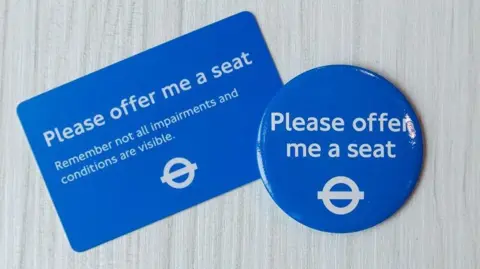 Transport for London
Transport for London
The Please Offer Me A Seat badge and card are designed to help those with disabilities and health conditions by signalling to other passengers they should give up their seat if none are free
When working in their old job, Eliza said it was stressful and "pretty much impossible" for them to get a seat on the Northern line to London Bridge using the badge, despite being at risk of passing out.
They said: "I had someone basically just shout at me and flat out say 'no'.
"Someone else threatened to push me off the train because I'd asked for their seat because I needed to sit down, and they were in the priority area and didn't have a badge. Obviously they could have said no if they needed the seat."
On some days not being able to sit down on the Tube caused a symptom flare-up which left them unable to do daily activities like cook a meal.

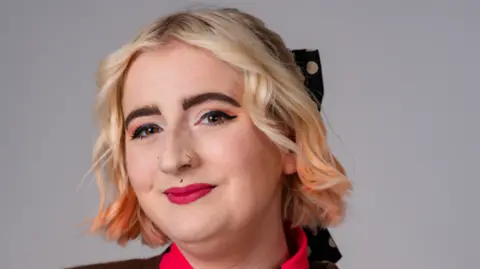 Eliza Rain
Eliza Rain
Content creator Eliza has made and shared videos on social media, which portray their experience of using the badge, to raise awareness
They said they had also been questioned in the past about "what was wrong" with them when using the badge. The TfL website states that badge and cardholders don't need to explain their reasons for using it.
Eliza has since created and shared videos on social media of their experience using the badge to raise awareness.
"I've seen people in my comment section be like, 'Why don't you just show a doctor's note or something?'
"Why would I do that? Nobody else is doing that to be able to get on the Tube," they said.

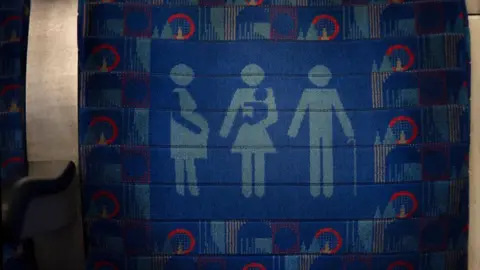 Getty Images
Getty Images
A TfL report said of those sat in priority seats who were interviewed, "many claimed to be unaware that they were in a priority seat and didn't know its meaning"
TfL has tried to increase awareness of and improve attitudes towards the scheme among passengers through its Priority Seating week and with adverts on public transport.
But a small survey conducted for TfL between March and May 2024 showed that in 20 of 77 instances (26%) when all seats were full and someone with a disability needed to sit down, the passenger in a priority seat did not give up their seat and did not state when asked that they needed it themselves.
The TfL report said of those people in priority seats who were interviewed, "many claimed to be unaware that they were in a priority seat and didn't know its meaning", and that passengers often "weren't paying attention to their surroundings or other passengers who might have needed a seat".
'People don't look up'
Luke Raggett, 31, from Hampstead in north-west London, uses the badge because he has polycystic kidney disease and is awaiting a kidney transplant.
He needs to sit down when he experiences episodes of lower back discomfort and dizziness when standing or walking, which can cause what he describes as "unbearable" pain.

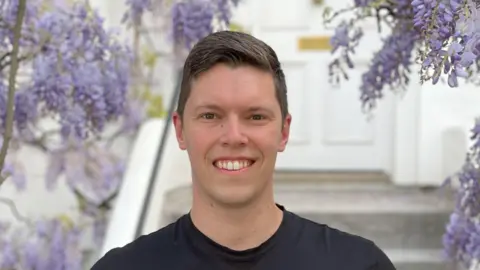 Luke Raggett
Luke Raggett
Luke Raggett, who has polycystic kidney disease, said he was poked by a man using a walking stick for sitting in a seat on a bus
Like some of those surveyed by TfL, Luke struggled to be seen as needing a seat without the badge.
He said he was once sitting in a regular seat on a bus and "this guy just decided to poke me with his walking stick and told me to move out of this seat... because I'm young".
Luke added: "When you do have an invisible disability, unless you're in that scenario I think it's just very hard for others to be able to respect, understand, see it."
Luke said his experience using the badge was mostly positive, with many people giving up their seats, but he still struggled to be noticed even with his badge.
"A lot of people that are younger than me don't look around or necessarily have that thought in their mind of giving up a seat."
Commuting was also difficult, he explained, because "by the time that you get on to the Tube sometimes there's no chance of even getting to a seat", and at other times people would stare at him and his badge.
"It's just constantly, you'll look around and then they keep looking at you... I can't tell if they've got a problem with me," he said.
Despite this, he said he wanted to encourage those who needed the badge to apply for one.
Behaviour 'unacceptable'
Mark Evers, TfL's chief customer officer, said: "This behaviour is unacceptable, and these incidents must have been distressing and demoralising for those involved.
"We are truly sorry for this and have asked BBC to put us in touch with the customers affected to understand more about what happened.
He added: "There are lots of reasons that someone might need a seat when they travel, including non-visible disabilities, conditions and illnesses.
"While our 'Please Offer Me A Seat' badges make it easier to let other passengers know someone needs a seat, we encourage all those who can, to give up their seat to someone who asks, even if the person asking isn't wearing a badge.
"We also encourage people to look up and keep an eye out for anyone who might need a seat."
.png)
 1 day ago
6
1 day ago
6
